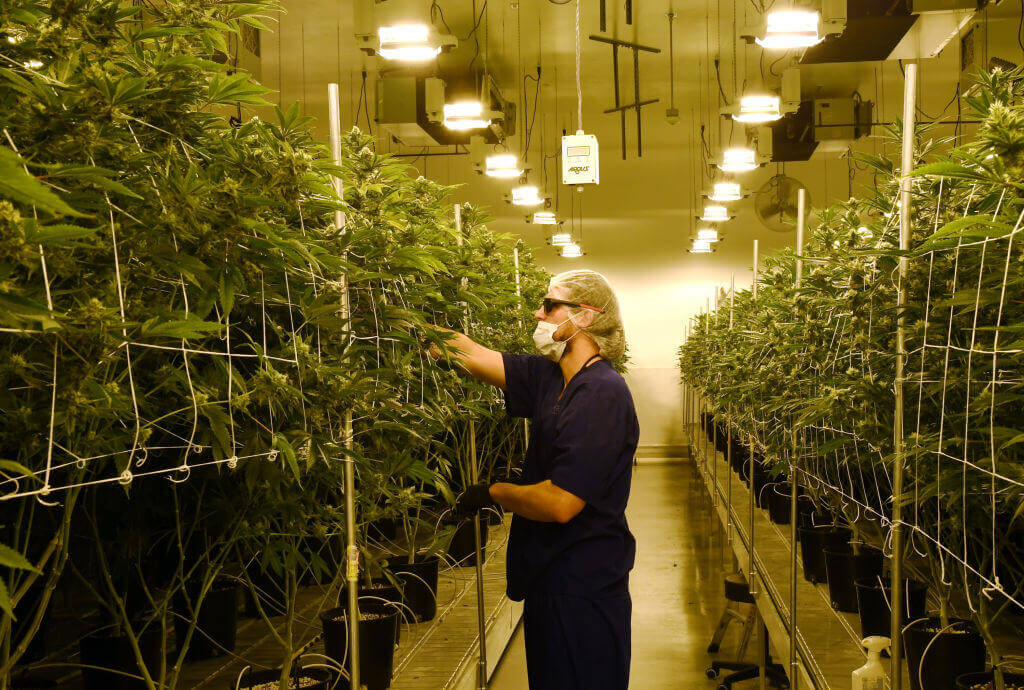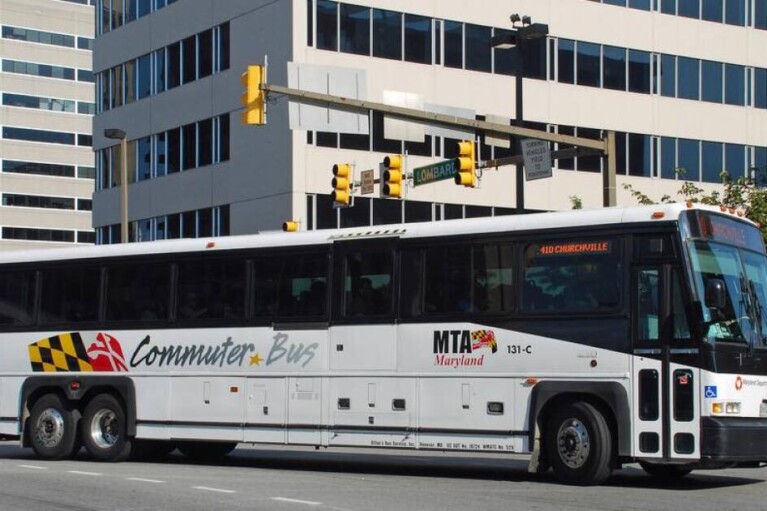Joe Gaskins: State Still Keeping Minorities Out of the Medical Cannabis Business

On Thursday, the Maryland Medical Cannabis Commission’s Policy Committee will consider changing its regulations to allow a licensed cannabis cultivator to open a second cultivation facility — while minority-owned companies are left shut-out, as they have been for the last five years.
This change must be rejected. It undermines the legislation, which allows a licensee to operate from one location and accommodates their move to another location. It will also cause irreparable damage to the state’s diversity and inclusion efforts in the medical cannabis industry, while enabling an end-run around the legislature’s licensing moratorium.
Maryland’s market for medical cannabis has had many missteps, but the limited nature of licenses promises a robust future for license holders. Unfortunately, the industry still struggles with diversity and inclusion.
The General Assembly-mandated licenses designated for minority businesses have not been awarded following a tumultuous process in 2019 that generated both federal and state investigations, restraining orders, litigation, and other serious questions surrounding the process.
The Maryland Medical Cannabis Commission must recognize that until all of the issues around the 2019 licensing round are put to rest – and those licenses are fully awarded to certified minority-owned companies and the licensees operating – any regulatory changes of this sort will inherently disadvantage minority licensees eventually awarded and give advantage to the white-male owned licensees who dominate the industry.
Under the current regulatory structure, allowing a current licensee to expand their growing operations to a second location is tantamount to issuing them a second license. If a licensee wants to switch locations, that is fine. They must first close their growing location before they open the new location.
Even after intervention in 2018 by the Maryland General Assembly culminating in set-aside growing and processing licenses specifically designated for minority inclusion, the diversity situation has gotten arguably worse. According to a report this spring in The AFRO, only 10% of the investors in Maryland’s cannabis industry are people of color.
Within the coveted growing and processing licensee tier, only two of the 26 growing or processing licensees are entirely owned by people of color. One of those two licensees, HMS Health, has already sold its cultivation license and structured an arrangement that will see its processing license sold to a white-owned multi-state Operator in October, when they are allowed to do so. Only one other company has more than 30% minority ownership.
The cannabis commission’s 2019 application and scoring process was fraught with problems. Facing multiple lawsuits, in February 2020, the commission finally hired outside investigators to examine the veracity of the scoring process and the companies that were highest ranked. The commission has said that it will not issue “any Stage One Pre-Approvals” until both investigations’ findings are reported to the General Assembly and the public. Given the commission’s history of closed-door transactions, many remain skeptical that the full reports will ever become public.
Yet, inexplicably, the commission is now considering Curio Wellness’ request to expand to a second location and allow it to vacuum up market share with no more competition on the horizon for a minimum of four more years, except the minority licenses currently in limbo. This is as good as giving them a second license under the current rules.
If successful, every current cultivation licensee will surely follow suit. This will make the prospect of any new licenses being deemed necessary in 2024 after the mandated supply and demand study, obsolete. Curaleaf’s acquisition of HMS Health demonstrates that other licensees have purchased other licensees for a second growing facility.
It should come as no surprise that the request to change the rules and open a second location comes from Curio Wellness and its owner Michael Bronfein. If you’ve followed the history of Bronfein and his company in the Maryland cannabis industry, you know that whether supporting the effort for a 10-year moratorium on new licenses and his short-lived lawsuit asking a court to prevent the cannabis commission from issuing licenses designated for minority inclusion, Bronfein’s usual refrain has been that he wants to restrict the license availability.
Business owners like him made their investments based on promises that he claims were made to him, while at the same time claiming the current licensees were more than capable of supplying the demand until the 2024 supply and demand study. That lawsuit provoked such a noticeable public backlash that he dropped it within days. This new effort seems to be nothing more than an end-run around the moratorium on new licenses.
Importantly, Curio, in a press release Monday, said that its own market estimates, which it says have “reliably predicted demand dating back to mid-2018,” show that “current supply generated through their existing operation will be insufficient to meet patient demands” for the company’s products as early as fall 2020. If accurate, these projections show there is an unmet demand in the Maryland cannabis market.
Once the minority licenses are awarded, the next order of business for the legislature is to mandate that the scheduled 2024 supply and demand study occur sooner and as a first step towards reexamining the moratorium on new licenses. In 2018, state economic consultants concluded in a Medical Cannabis Disparity Analysis that there was a “strong basis in evidence” to support using “race- and gender-based measures to remediate discrimination affecting minority- and women-owned businesses in the types of industries relevant to the medical cannabis business.”
The fact is that these structural obstacles remain. Their remediation cannot begin until the designated minority licensees are awarded and operating. Even then, those licensees will face disadvantages in the market that they will have to work harder to overcome.
The Maryland Medical Cannabis Commission must keep its one premises per license regulations and stop Curio’s efforts to jump ahead in the line and further oppress perspective minority licensees. If it does not, the commission will be enabling the widening of the socio-economical and racial gap in Maryland.
— JOE GASKINS
The writer is the president of the African American Medical Cannabis Association and co-chairman at the Maryland Business Clergy Partnership.




 Creative Commons Attribution
Creative Commons Attribution